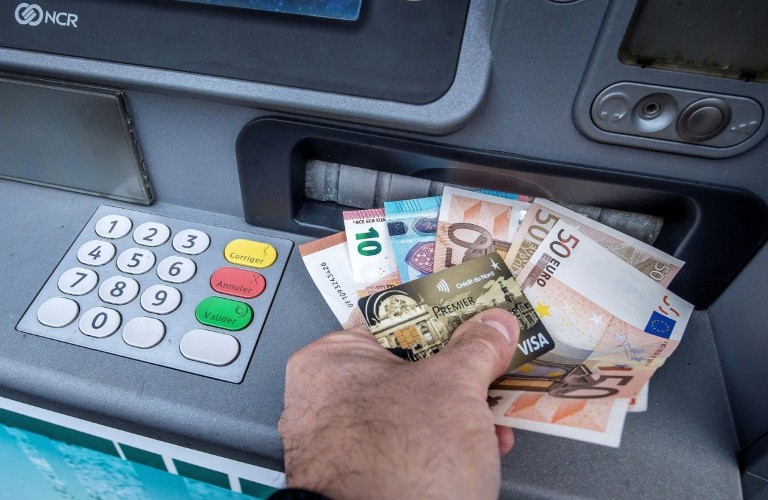In a study published Thursday, the association 60 million consumers reveals that bank charges particularly penalize customers in difficulty.
The bank charges specifically penalize people in financial difficulty , for which they are multiplied almost tenfold compared to all clients, says the Association 60 million consumers in a study published Thursday.
“Consumers in persistent financial difficulty are charged nearly 300 euros per year against eight to nine times less – 34 euros – for average customers,” says the association in a study conducted in concert with the National Union of Family Associations (Unaf).
The explosion of the costs invoiced to the customer
To make this comparison, 60 Million – an antenna of the National Institute of Consumption (INC), which is a public institution – is based, on the one hand, on a panel of nearly 400 readers, and on the other , on more than 200 homes with which Unaf intervenes for situations of financial fragility.
According to the associations, the explosion of the costs invoiced to the customer – agios, “incident costs” – as soon as an overdraft is exceeded or a payment is rejected, at the risk of preventing its financial situation from recover.
“The typical victim does not necessarily belong to the poorest people,” says 60 million, believing that fees increase proportionally to monthly income when they exceed 2,000 euros for customers in difficulty.
As an extreme case, the study cites the example of a person earning 2,000 per month, from whom his bank – BNP Paribas – took out 3,000 euros in payment incident charges in 2016.
The intervention committee referred to
In the viewer of 60 million consumers includes the “intervention fee” invoiced by the banks in case of exceeding the overdraft.
While the sum, of a maximum of 8 euros, aims to remunerate the work of analysis on the merits of a payment authorization, 60 million consumers claim that the operation is automated in more than half cases, citing as source the banking branch of the CGT.
The association, however, gives a good overall point to the postal bank for lower costs than the industry as a whole.




